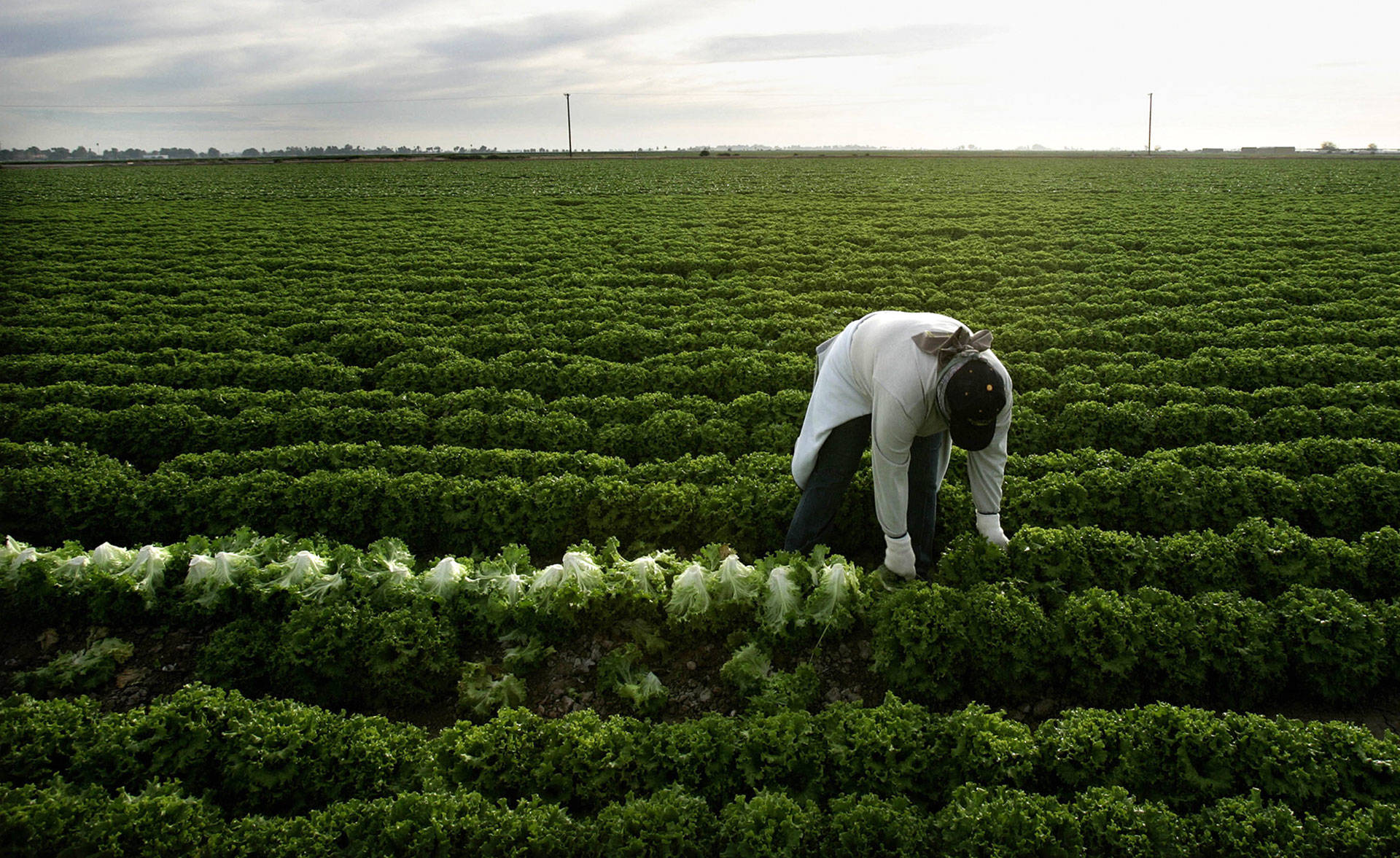The California Supreme Court handed a victory to organized farm labor Monday in a lawsuit that pitted the union launched by iconic labor leader Cesar Chavez against one of the largest U.S. fruit farms.
In a unanimous ruling in San Francisco, the court upheld a law that aims to get labor contracts for farmworkers whose unions and employers do not agree on wages and other working conditions.
The decision maintains the power of farmworker unions by ensuring contracts that guarantee wages, hours, vacation time and other terms that could otherwise be decided by employers. The California justices said the 2002 law did not violate the state Constitution.
Labor activists said the law is key to helping farmworkers improve working conditions by preventing employers from stalling contract talks with unions to avoid a deal. If there is an impasse, the mediator can impose a labor contract on the employer.
Opponents called the law government overreach that deprived agricultural employers and workers of any say over the terms of employment.
